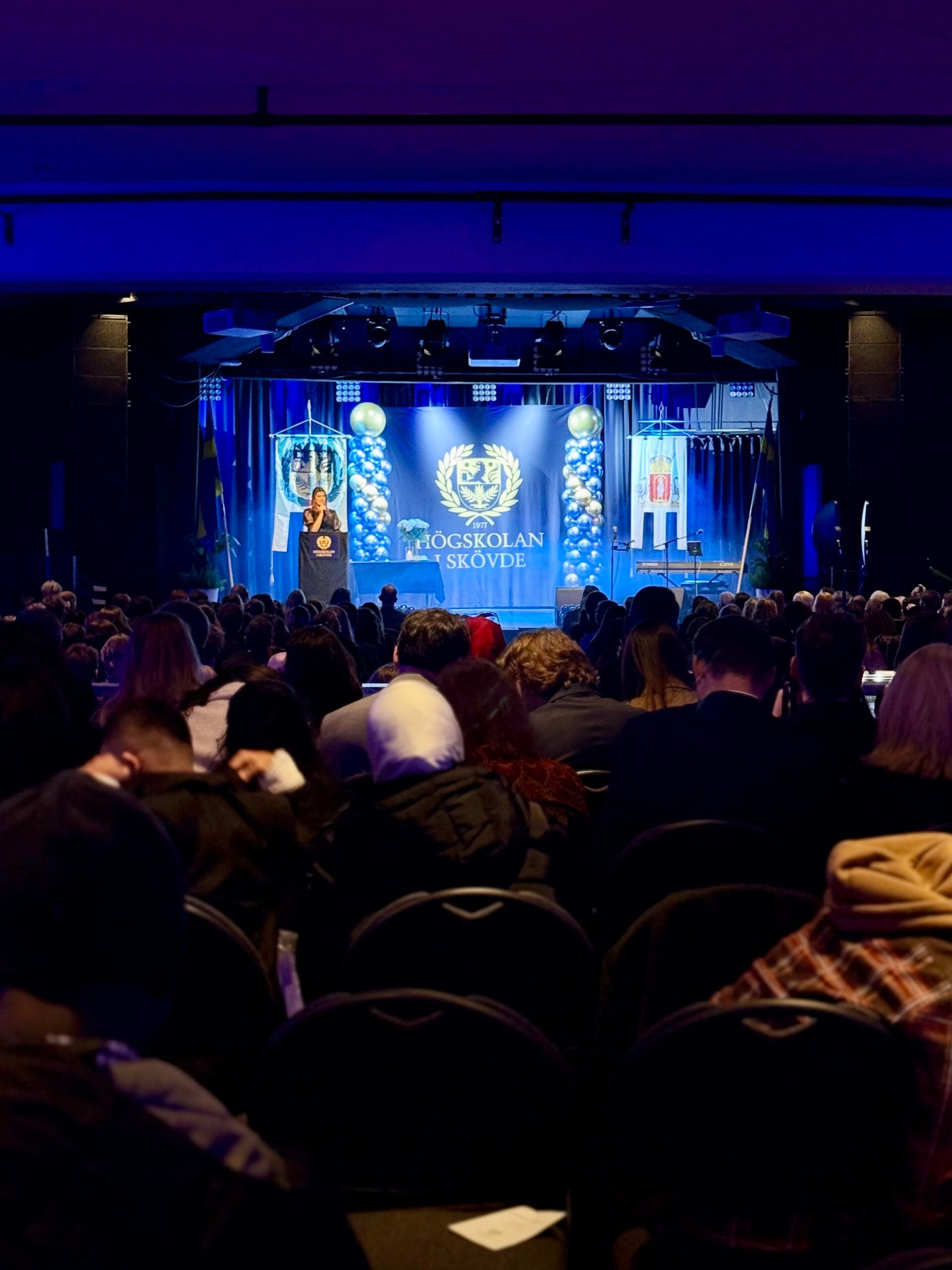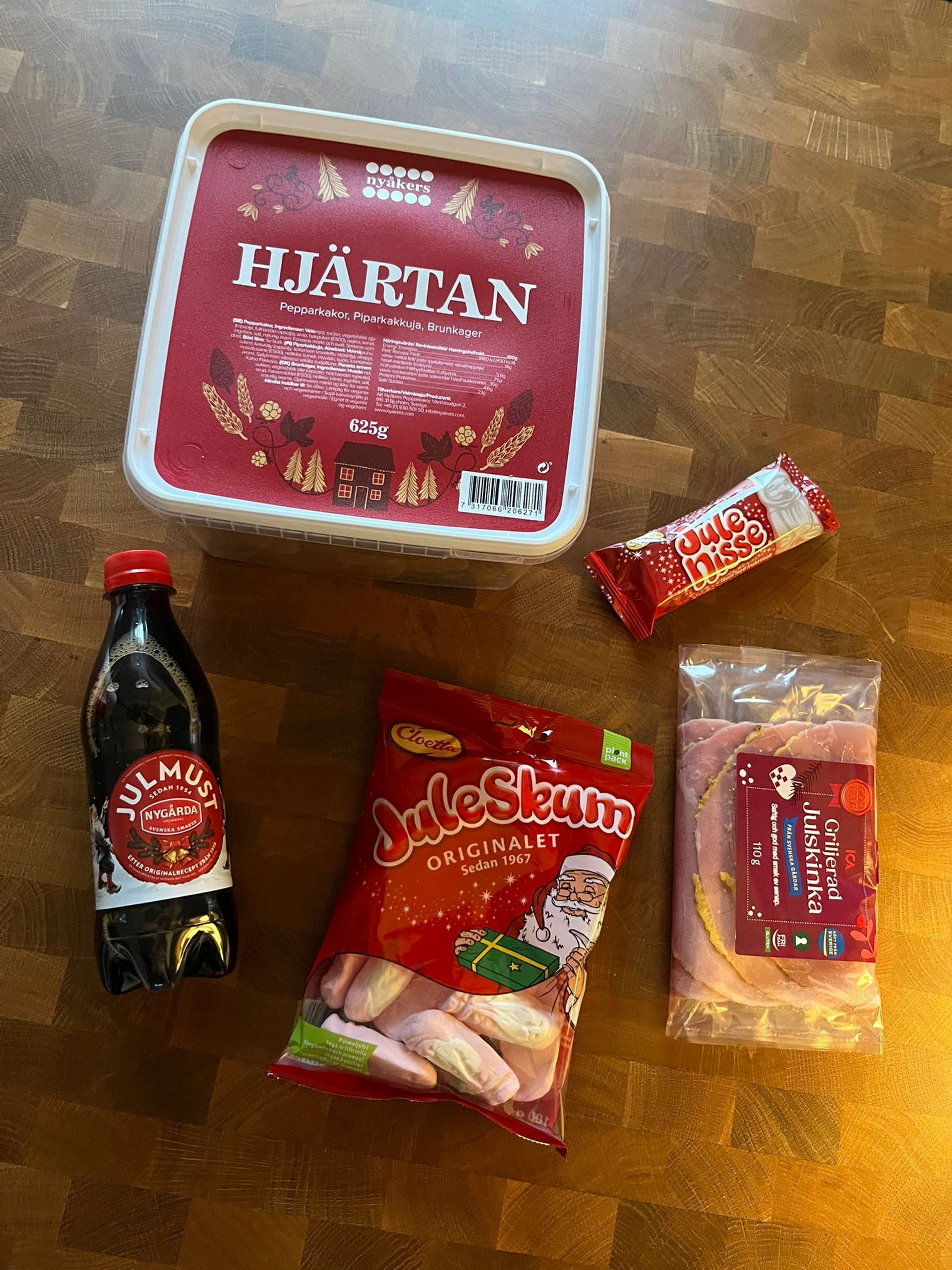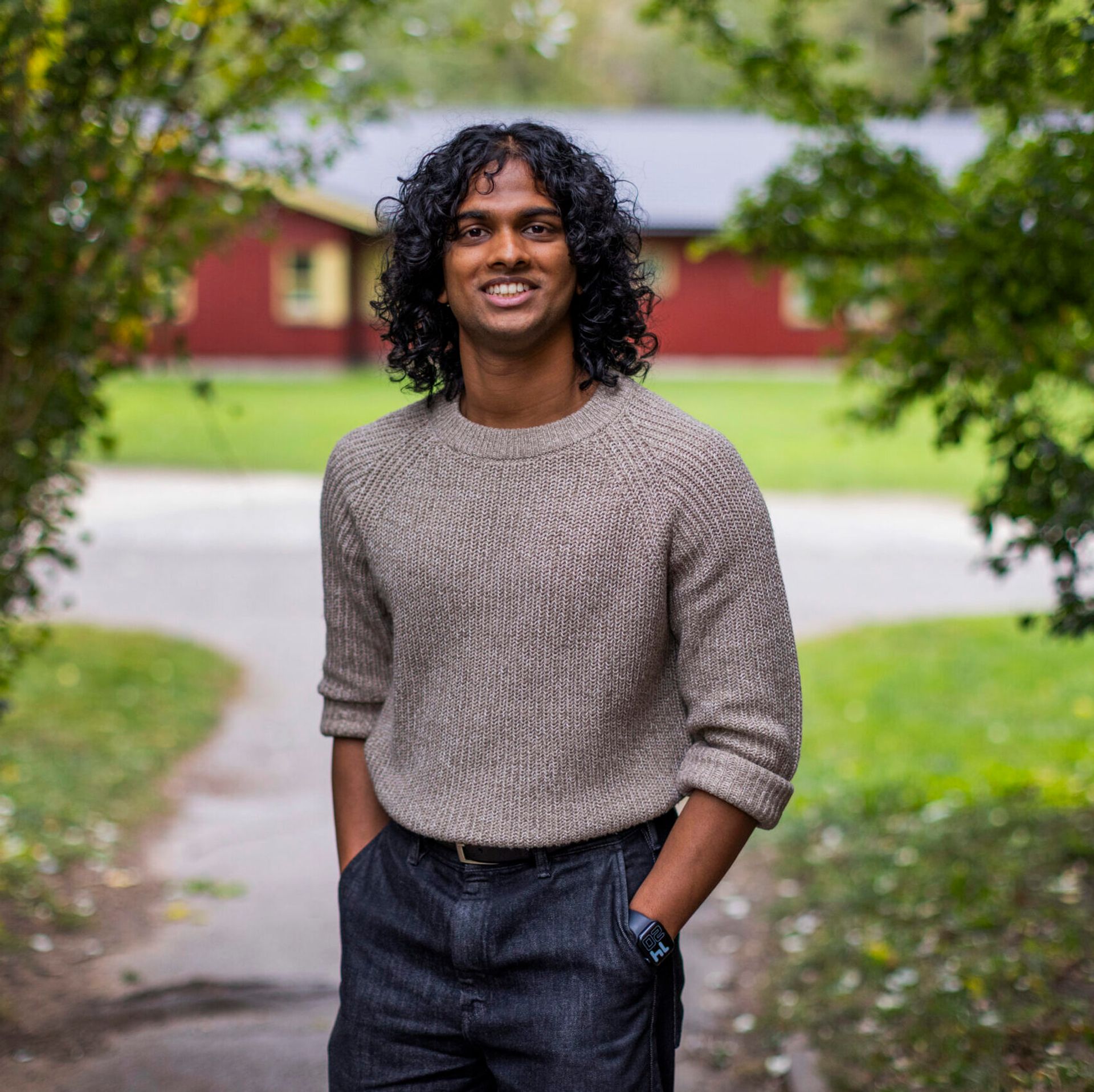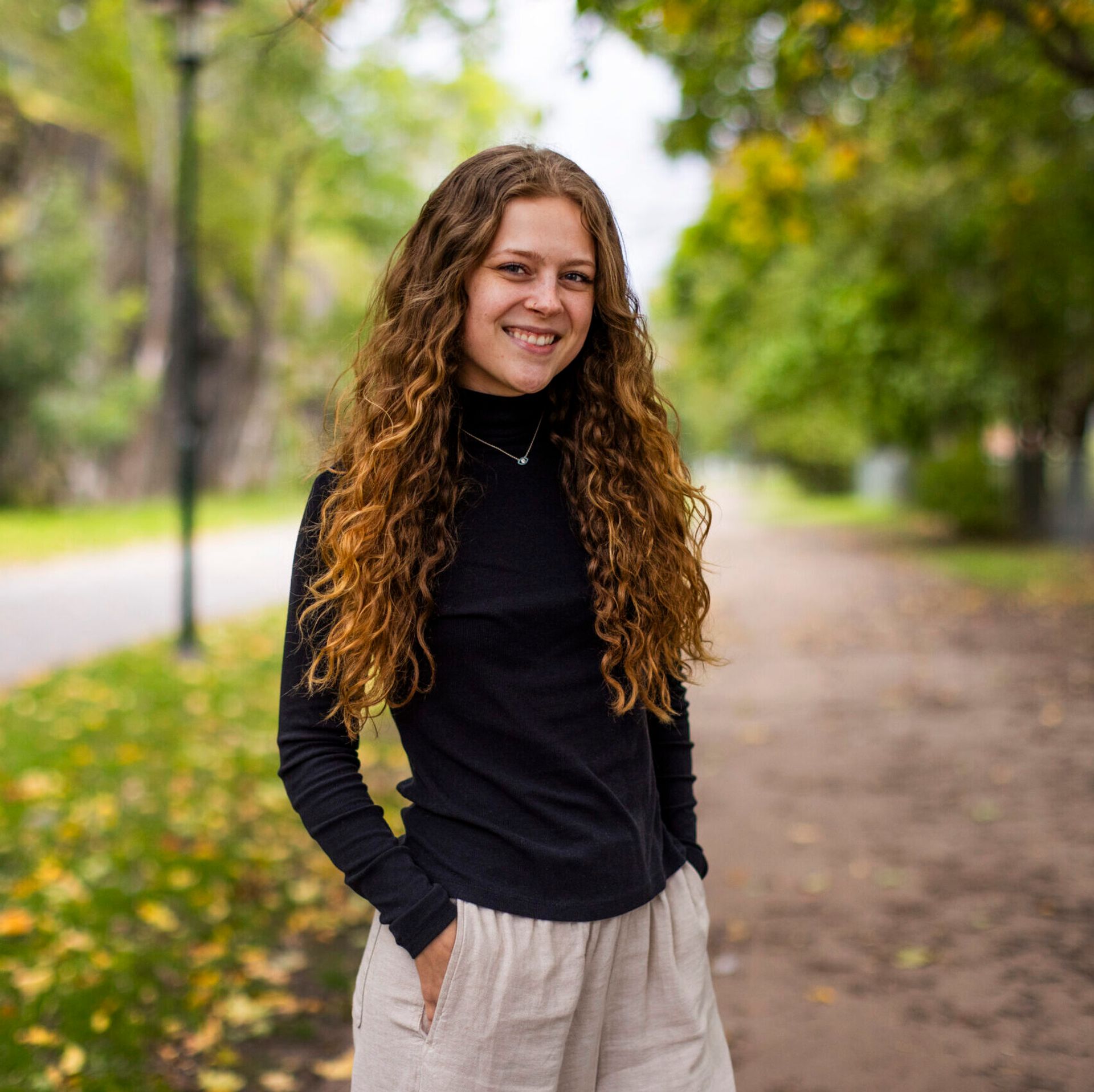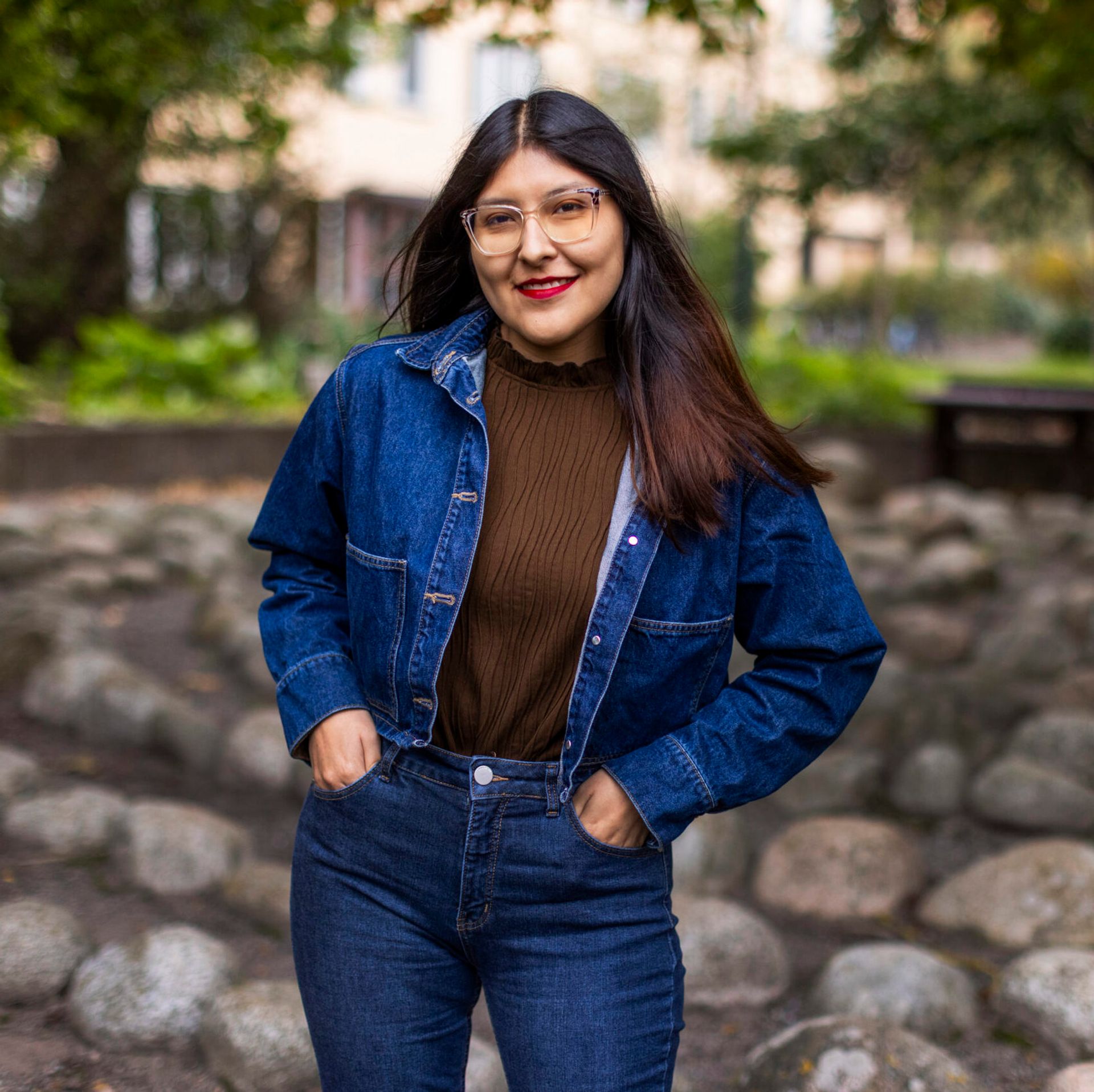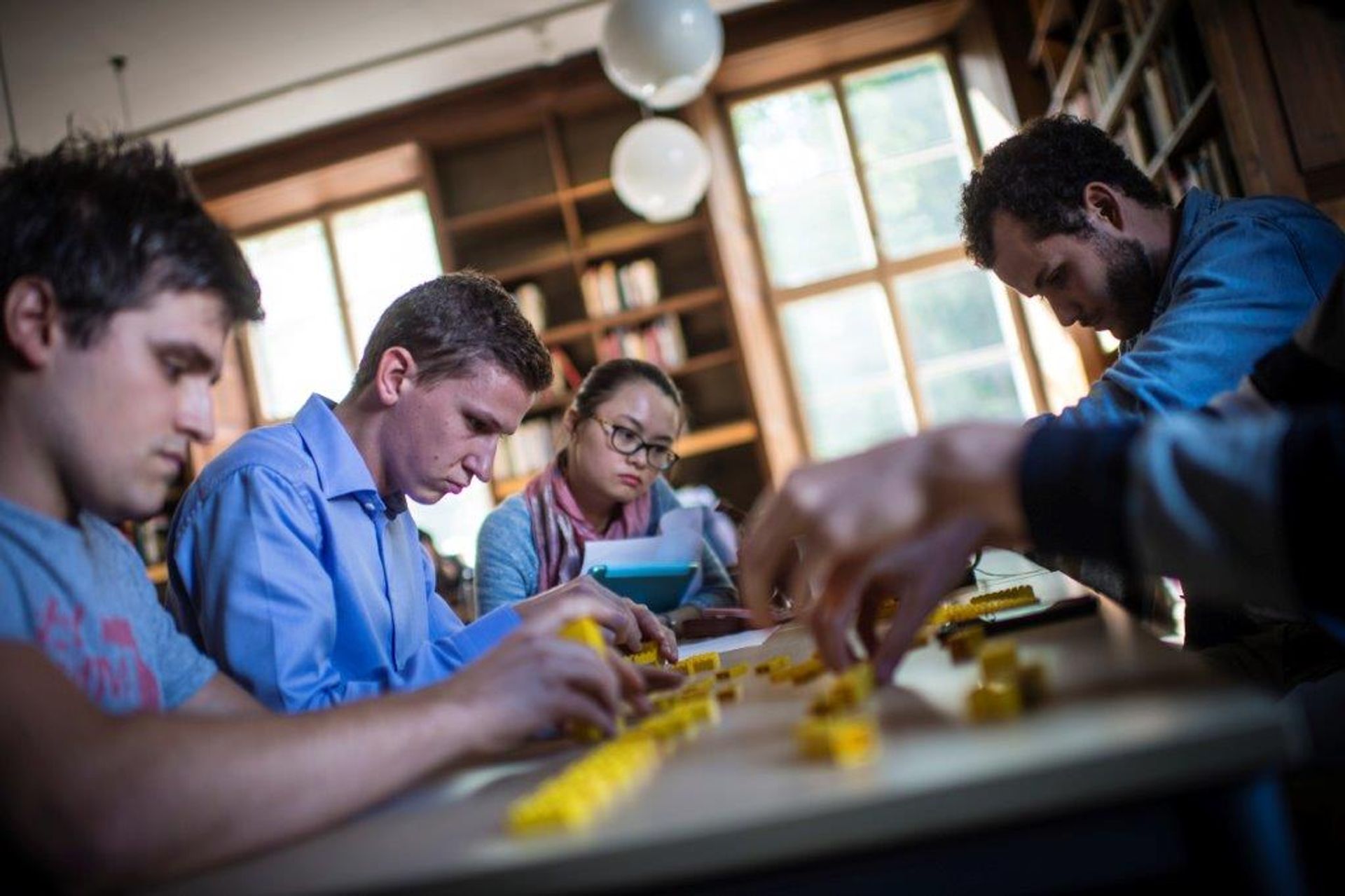
Written by Raghuraman
26 Apr 2015
Managing the organization was my first course at SSE. The idea of this post is give an insight into the program so you can have an idea of how courses are here. One reason why I chose this course, is that it was quite intensive and was also one of my favorite courses.
I spent the flight from Mumbai to Stockholm reading the book that would be the main foundation for this course. I had no idea what to expect, but there were definitely parts of the book that I found too theoretical and boring. I was hoping that the course wouldn’t be boring. I was hoping that I hadn’t made a stupid choice going all the way to Sweden to study management!
The course was taught by Frida Pemer. Like most teachers at SSE she was super busy, doing many things, researching, consulting etc. One of her hobbies was archaeology! She was also a mother. As expected she wanted us to call her by her first name, another thing that took time getting used to for me.
The main objective of the course was to learn 4 frames while analyzing an organization. These frames were the Structural, HR, Political and Cultural frames. The idea was to not only know the models but to be able to use them. Each of these frames had a kind of leadership style associated with it. So Frida taught us 2 frames and then in our groups of 5 we had to work on a case and make an analysis using the models and frames. She also insisted that we spend time making a cover page for each report that we submitted. Some people in class were super creative with this and made some splendid cover pages. Cover pages could be looked at as bringing out the essence of the case in a picture. It was really fun. Also actually applying the models helped me understand and remember the models very well. Frida then would call out the most interesting groups to present their findings in front of the class. The class would then challenge their analysis. It was very interesting as I find it easier to learn from peers than from a book. I tend to remember what people say in the class. What I noticed was that the class was very collaborative and felt like there wasnt too much competitive pressure.
Frida then introduced two other frames to us. We had to apply these two frames on the same case. These led to contradictory results within the frames, which was very interesting. Basically proving that how reality is perceived has real consequences, which was one of the underlying themes in the course. Though Frida gave us a lot of freedom in interpretation, she was very focused on the fact that we should use the models and follow steps in the models. Every teacher has their own way of doing these things I guess. Anyway, we were also encouraged to take up roles in the groups so that we could understand ourselves better through the course as well.
We did another case in our groups and had a final exam which was also case based. Frida also encouraged us to see biases within cases and literature, which make me realize that I could question anything and anyone in this course or school. Which is super awesome I feel! The idea of working on cases to study models also appeals to me. Mainly cuz every case has some underlying ‘moral’ or thing they want you to take away from it. And the fact that it is a story with real players makes it easier to imagine and grasp.
I also had a very difficult group in terms if group dynamics. We struggled quite a bit and it was very stressful. But Frida supported us quite a bit, which was also interesting. In India I would have never taken these issues to the teacher, but the teaching staff were really supportive and understood what was going on. We also had to write a reflection paper after the course and analyse ourselves in the different roles we took through the course. This made me think of the group as an organization and how my actions affected the group dynamics and what I learned about myself.
Courses have had a similar flavor here at SSE. There is a lot of focus on being critical. Just yesterday the teacher who is teaching us ‘Multinational Enterprise’ which is basically about companies becoming international and going global, showed us, through a case, that expanding internationally is not always the best option! The courses can easily be about applying models and give us bullet points about organizations and strategy, but its not like that here at all. Real life is messy and no ‘model’ actually works at the time. We all know that so my courses don’t teach me just models but also helps me understand where it could be relevant, where not and most importantly to question why it works or it doesnt. I feel like all this work is doing a good job at preparing us for the uncertainty that awaits us when we start working.
All in all I felt the course was actually better than what I expected!
Photo by Lasse Lychnell
